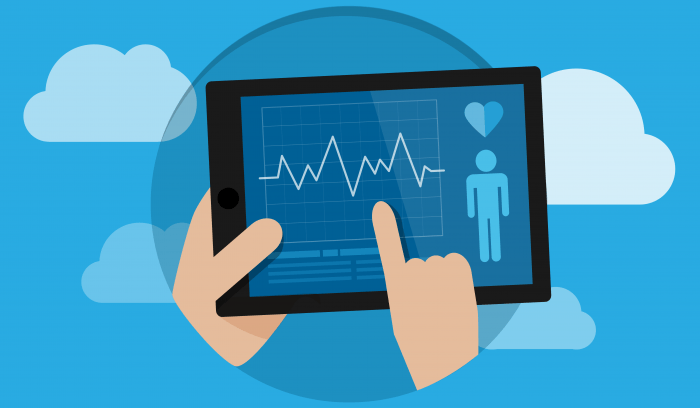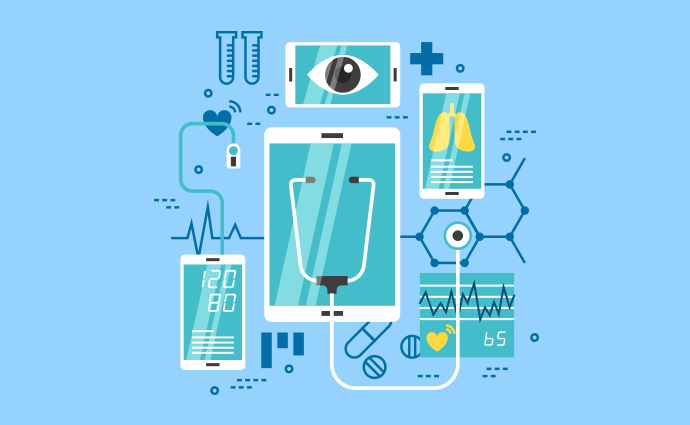The wide range of representational models for patient data make the exchange of patient information a tedious process. Achieving healthcare data interoperability is still an unreached goal in many healthcare enterprises. To ensure data interoperability, Deevita offers healthcare interoperability services to allow data sharing among diverse healthcare applications, thereby reducing the healthcare expenses and enhancing the quality of care.

Deevita’s Healthcare Interoperability Solutions transform complex healthcare data to be easily accessible with EMR interoperability and EHR interoperability solutions. They enable integration environments that adheres to standards such as HITECH and HIPAA. The solution also provides interfacing your EHR to hospital systems or synchronizing to other systems as a part of the enterprise’s health information exchange.
Interoperability Services
Deevita’s interoperability consultants follow a rigorous approach in developing, testing, deploying and managing the interfaces.
- Developing Interfaces
The integration consultants develop customized interfaces in different data formats and healthcare standards including HL7 (Version 2 and 3), HL7 CDA & CCD, CCR, DICOM, SNOMED, XML, delimited files, etc.
- Testing Interfaces
Deevita follows as test-as-you-develop model, so the quality is never compromised and the deployment period is greatly reduced.
- Deploying Interfaces
The deployment involves migrating the staging environment and testing the production environment without interruptions. Then, the interfacing connections would be available for further use. Deevita also takes care of documenting the interfaces, and the production environment is also backed up regularly to ensure data integrity.
- Managing Interfaces
After deploying the interfaces, you can monitor them with a dashboard that offers timely alerts, notifications and reports on the connection statuses.
Values Delivered
- Data Accessibility: Access data securely from any source, and use any standards-based methods affiliated to the state agencies. This can be done by integrating into standards such as HL7, DICOM, as well as SNOMED formats.
- Digital Connectivity: Seamlessly integrate EHR data and legacy applications to provide a digital experience for patients, partners, and enterprises.
- Communication Management: Daily stand-ups and fortnightly demos to make sure that nothing misses in the communication part and a clear vision exists at all times.
- Continuum Care Support: Ensure that the clinical data from multiple sources are integrated to align the healthcare procedures with the patient requirements
- Regulatory Compliance: Remain compliant with government policies – including HIPAA and government health agencies, such as CDC, NAACCR, etc.






